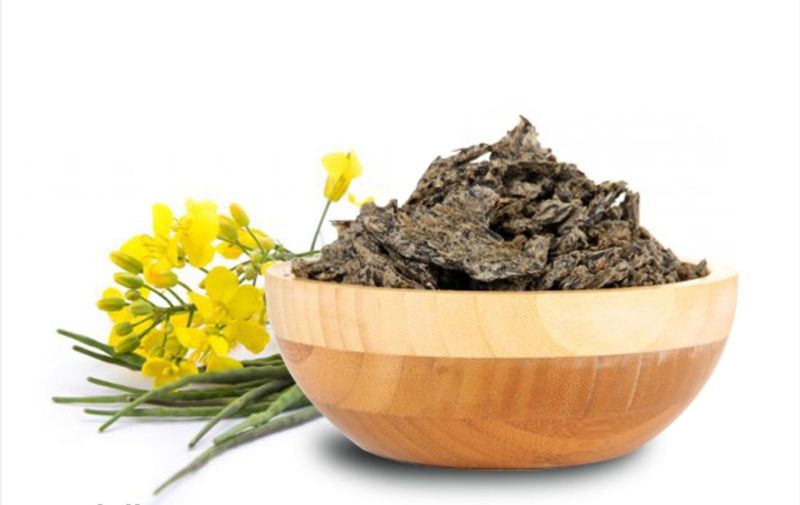EU increased its imports of rapeseed meal due to increased supplies from Russia and Belarus

During the first 8 months of 2023/24, the EU Ministry of Agriculture, against the background of attractive price levels, increased the import of rapeseed meal (especially from the Russian Federation) by 16% to 681.5 thousand tons, which is 95.6 thousand tons higher than the corresponding indicator of the previous season. Own processing of rapeseed does not satisfy the needs within the EU, so it is necessary to import rapeseed meal from third countries.
At the same time, the import of meal from the Russian Federation increased in comparison with the previous season by 11% to 281.83 thousand tons, which is 41% of the total volume of imports. Another 208.2 thousand tons of meal were delivered from Belarus, which became the second largest supplier of rapeseed meal to the EU. Against the background of the European Commission’s intention to increase the import duty on oil crops and their processing products in order to avoid destabilization of the European market, prices for meal in Belarus have significantly decreased.
In the current season, Ukraine delivered up to 143,500 tons of rapeseed meal to the EU, which is twice the rate of last year, and took the 3rd place among the main suppliers, overtaking Great Britain and Serbia.
According to the Information Society of the Agricultural Market (mbH), the main part of rapeseed meal imported to the EU is delivered to Lithuania, Spain and France.
The Union for the Promotion of the Production of Oil and Protein Crops (UFOP) attributes the increase in imports to the replacement of soybean meal with rapeseed in animal feed, especially in dairy farming in Germany and other EU countries. The protein in rapeseed meal is cheaper than in soybean, which will allow to replace soybean imports without loss in productivity.
Currently, 6 million hectares of rapeseed are planted in the EU-27, but the cultivation potential is much greater. UFOP’s “10+10” strategy assumes that the need for imported feed protein can be reduced at the expense of large-grain legumes.
Read also
Wheat in Southern Brazil Impacted by Dry Weather and Frosts
Oilseed Industry. Leaders and Strategies in the Times of a Great Change
Black Sea & Danube Region: Oilseed and Vegoil Markets Within Ongoing Transfor...
Serbia. The drought will cause extremely high losses for farmers this year
2023/24 Safrinha Corn in Brazil 91% Harvested
Write to us
Our manager will contact you soon



